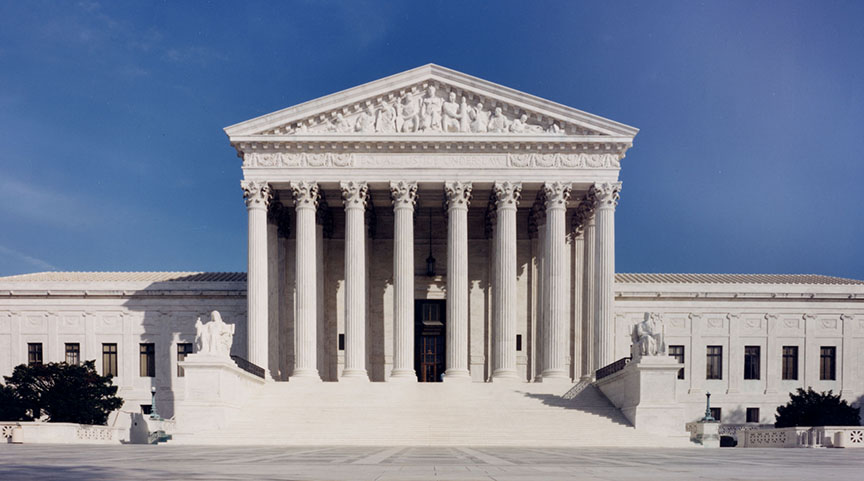Supreme Court Now Enables Defendants To Sue Police When Charges Are Dropped
Defendants wouldn't even need to be found guilty to do so.


Photo Courtesy Of Supremecourt.gov
The U.S. Supreme Court has enabled defendants to sue police for wrongful arrests when charges against them have been dropped.
According to NBC, the ruling, made on Apr. 4, indicated that defendants wouldn’t need to be found guilty by a judge or jury to file a Fourth Amendment lawsuit under civil rights laws. Prosecutors also wouldn’t have to state that they wrongly filed charges.
“The question of whether a criminal defendant was wrongly charged does not logically depend on whether the prosecutor or court explained why the prosecution was dismissed,” Justice Brett Kavanaugh wrote for the court’s 6-3 ruling.
Supreme Court’s decision derived from a New York City case involving Larry Thompson, a Brooklyn Black man falsely accused of sexually abusing his newborn baby in 2014.
Thompson, a Navy veteran and longtime postal worker, was accused by his sister-in-law, who called 911 and used a red rash on his child’s butt as proof that he abused her. When four police officers arrived at his home, which he shared with his in-law, daughter, and wife, he refused to let them in without a warrant.
However, NYPD officers forcibly entered their home anyway and arrested him. EMTs examined the baby’s bottom, confirming that she simply suffered from a diaper rash and not abuse.
Justice Kavanaugh said that Thompson’s sister-in-law “apparently suffered from a mental illness” when she made the emergency 911 call.
The Brooklyn man was then arrested, charged with resisting arrest, and thrown in jail for two days. Shortly after, an investigation was made, which revealed that an officer falsely reported that the victim was aggressive with the police. The New York District Attorney dismissed the charges “in the interest of justice.”
Thompson responded with a lawsuit in 2018, claiming “malicious prosecution and violation of his constitutional rights.” Still, a federal district judge and the U.S. Court of Appeals for the 2nd Circuit panel told him he couldn’t sue the officers involved in his wrongful arrest. To sue them, he would have had to show that “his criminal prosecution ended not merely without a conviction, but also with some affirmative indication of his innocence,” said Kavanaugh.
Thankfully, the Supreme Court decided that the NYPD officers–Pagiel Clark, Paul Montefusco, Gerard Bouwmans, and Phillip Romano–violated Thompson’s rights, which could enable him to finally sue them after all.
Marie Miller, an attorney for a nonprofit public interest law firm called the Institute for Justice, said that the ruling “flipped the principle of innocent-until-proven-guilty on its head.”
She added that “it also incentivized prosecutors to charge people with crimes they did not commit to shield officers from liability.”